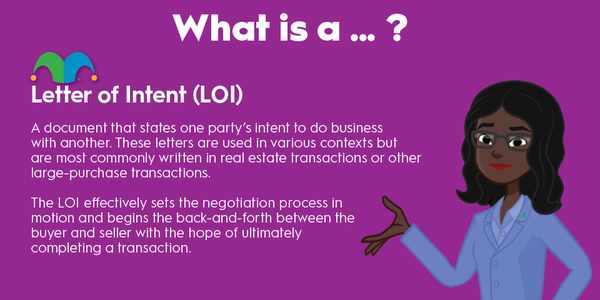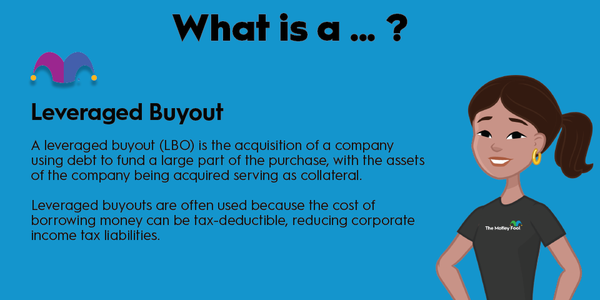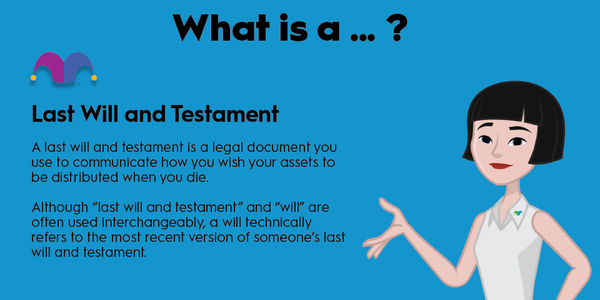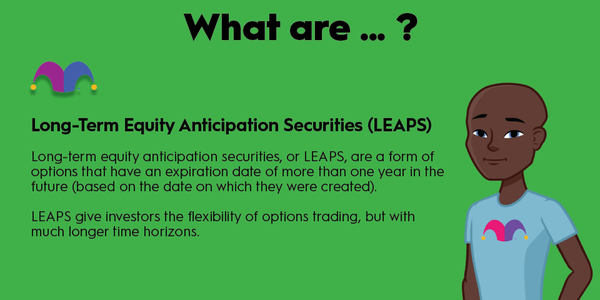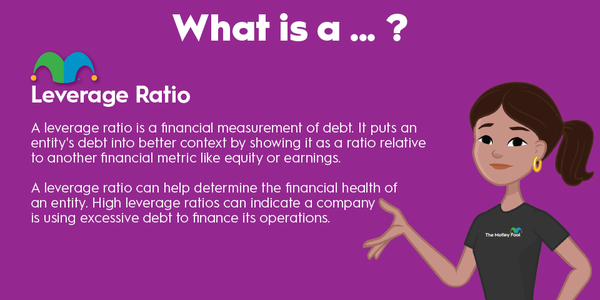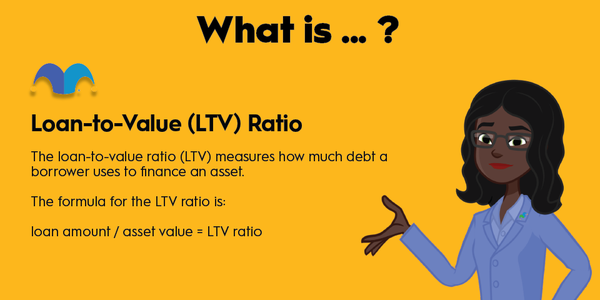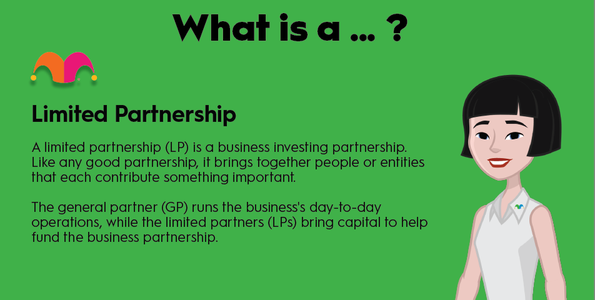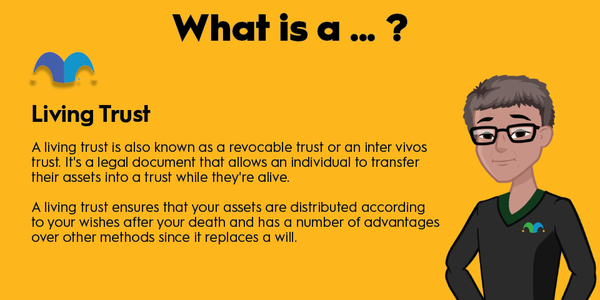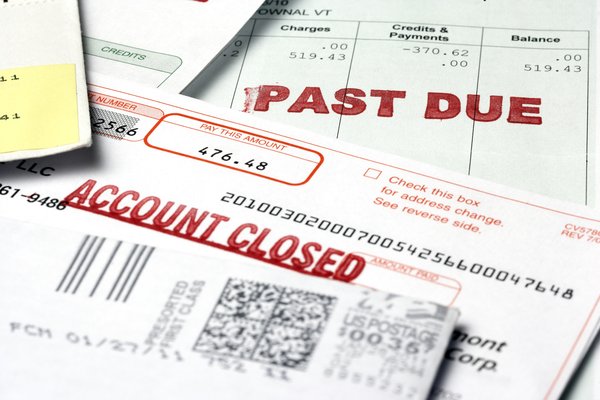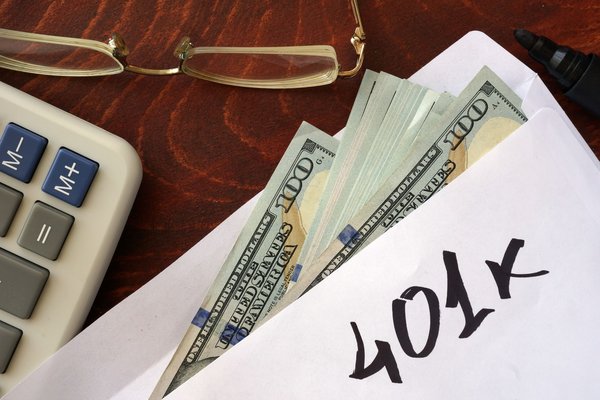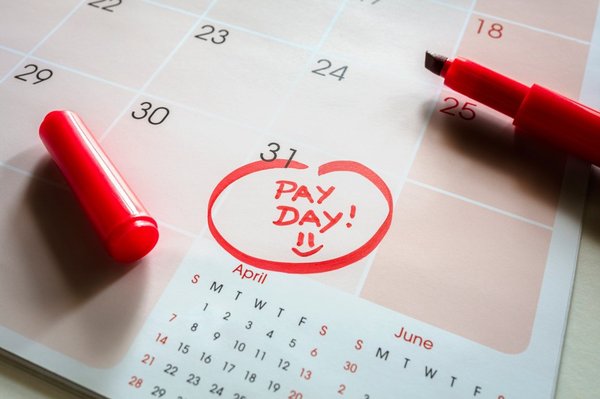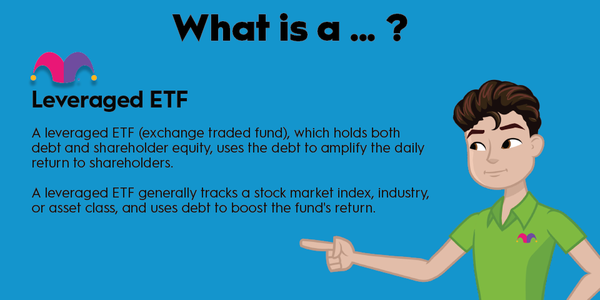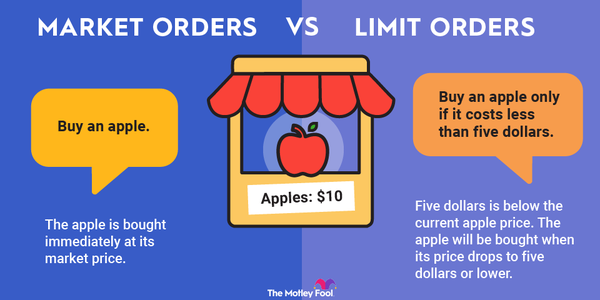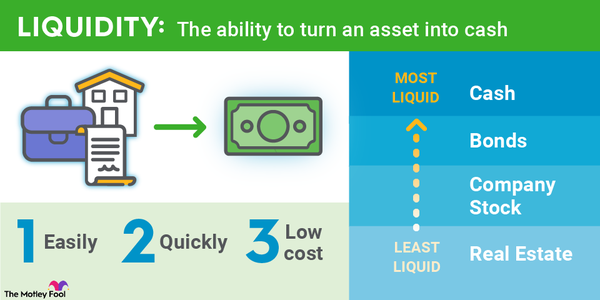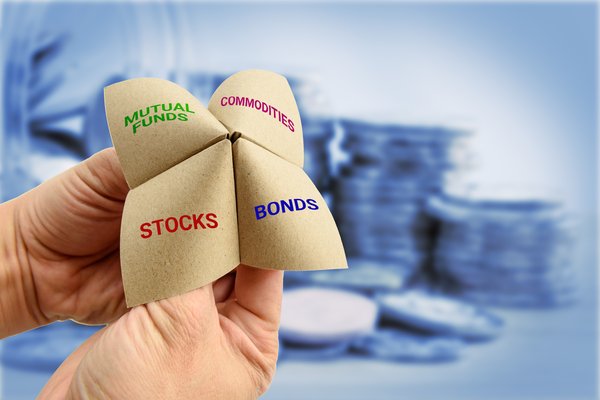One of the most important factors in a country's economic health, well-being, and even culture is its economic system.
The choice of economic system affects regulations, entrepreneurship, freedom, and the ability to generate wealth. Within capitalism, there are a number of different approaches, and one of the better-known is laissez-faire.
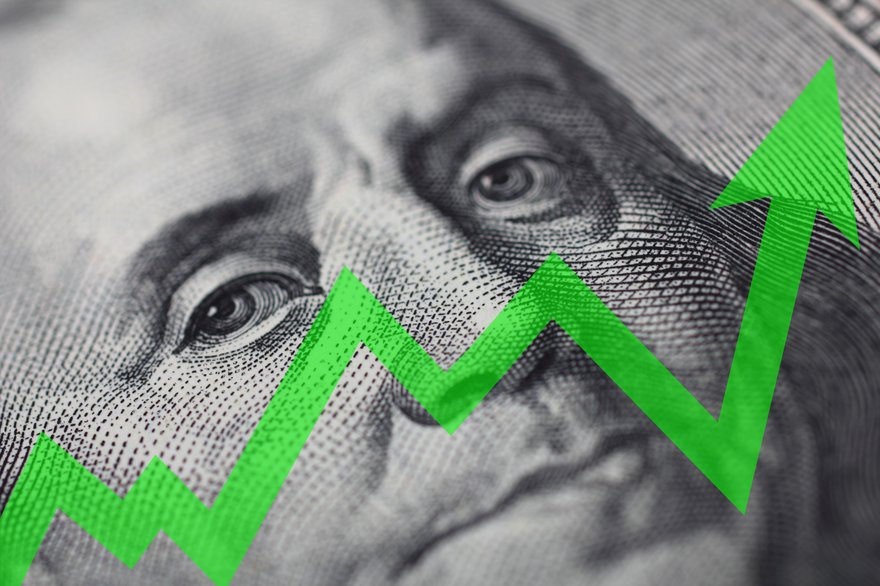
Definition
What is laissez-faire economics?
Laissez-faire comes from the French meaning "let do." It's an economic system that advocates minimal government intervention, putting its faith in markets. Essentially, laissez-faire is close to an absolute form of capitalism, and some economists have advocated it throughout history.
Origin
Where did laissez-faire economics come from?
The term laissez-faire originated with French industrialists in the 18th century in response to government intervention to promote business. The concept was popularized by Adam Smith, who wrote The Wealth of Nations and introduced the concept of the invisible hand of the market as a form of regulation by markets rather than the government.
One of the principles of a laissez-faire economy is that the individual is the foundational unit of a society, as opposed to the collective.
It also states that the individual has a natural right to freedom and that a self-regulated economy fits with the natural order.
A laissez-faire economy counts heavily on the laws of supply and demand to guide consumers and businesses. It also explicitly avoids trade protectionism and antitrust laws, leaving it at risk of monopolies or structural weaknesses, such as depending on other countries for an essential commodity like food or energy.
Adam Smith helped advance these ideas by supporting a system of free, self-interested economic transactions, and he was also skeptical of government intervention.
Does it work?
Does laissez-faire economics work?
Economics is not an exact science, and economic theories can't be tested inside a vacuum.
There's never been a perfect laissez-faire economy, but one of the best examples of laissez-faire economic policy occurred under former U.S. President Ronald Reagan in the 1980s.
Reagan busted an air traffic controllers' union and presided over reductions in the tax rate, cuts in social welfare programs, and the deregulation of industries like banking and natural gas. He also lifted ceilings on interest rates and price controls on airfares. Environmental protections were loosened.
Reagan easily won reelection and was generally considered a popular president. After a bout with high inflation early in his presidency, the economy rebounded.
Despite the positive economic data and landslide reelection victory, Reagan's economic legacy seems mixed. His policies contributed to high economic inequality, which arguably weakens the fabric of society. His decision to relax environmental policy also seems like a mistake, given what we now know about climate change. His tax cuts and related policies also contributed to a massive increase in the budget deficit and the national debt.
Related investing topics
Example
What's an example of laissez-faire economics?
Another good example of laissez-faire economic policy is 1994's North American Free Trade Agreement (NAFTA), which lifted tariffs on a majority of goods produced and traded by the U.S., Canada, and Mexico.
NAFTA succeeded in its goal of increasing cross-border commerce in North America, but the overall impact of NAFTA is harder to assess. Foreign direct investment in Mexico increased dramatically. The U.S. Chamber of Commerce estimates that 6 million U.S. jobs now depend on trade with Mexico, much of it facilitated by NAFTA.
However, most studies have found that NAFTA only had a modest impact on gross domestic product (GDP), representing about $400 in annual economic payoff per person, and it also contributed to job losses in specific industries such as auto manufacturing.
Like other economic systems, laissez-faire economics has some good parts and bad parts and is best done in moderation. Favoring business over the environment and ignoring monopolies are likely to undermine economic health over the long term. However, deferring to the laws of supply and demand to allow the market to establish price equilibrium and product interest tends to work better than allowing the government to set prices or tell businesses what to produce.

